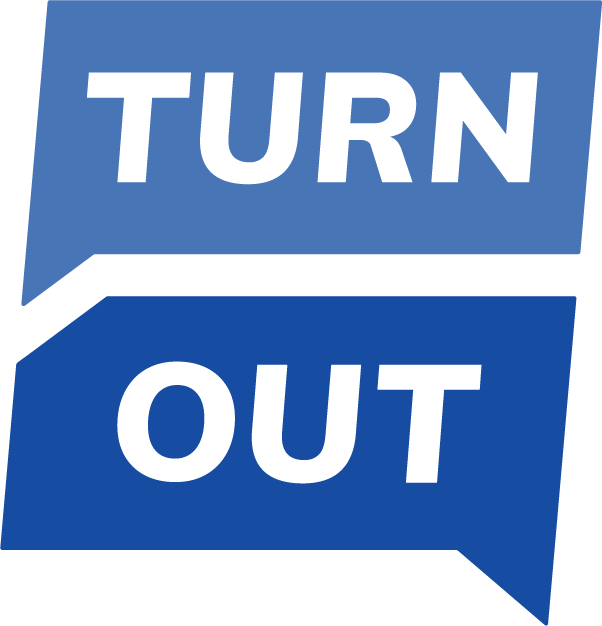~~~
Q: Tell me a little about yourself and where you’re from.
My dad was in the army so we moved around all the time growing up. Born in the south, I lived on the east coast, west coast, and many of the states in between. In my free time, I enjoy practicing photography. I like learning how to improve my skills, and mostly take landscape photos when I go hiking. As a Yelp Elite, I also like writing reviews for new restaurants and being active in the local Yelp community when I’m not working.
Q: When did you first became interested in politics?
Really young. The first time I remember becoming interested was when I was 10 years old. It was a presidential election year, and my teacher held a mock campaign in class where she taught us about the candidates and all the different roles involved in a campaign. I volunteered to be the campaign manager for the Democrat because it sounded really cool. After going home and telling my dad all about it, he went off about how Democrats and all their issues were wrong, and I remember looking at him and saying “but dad, that seems really selfish.” I somehow knew, even as a fifth grader, that I cared about equality and justice, and wanted things like a good minimum wage and prison reform, which were both big issues in that election. I remember thinking “wouldn’t it be cool to work on things like this,” and it’s what I’ve done ever since.
Q: What drew you to PTP?
I really like this idea of a new program. Looking back on all the work that I’ve done, I’ve worked for nonprofits running issue campaigns focused on passing legislation or highlighting a specific issue, and I’ve also worked on candidate campaigns where the focus was getting out the vote. So I like this opportunity because it combines both, which is rare to find. I’m definitely a huge proponent of reaching out to underrepresented communities and talking with low propensity democrats while pushing them to not only get out and vote but also understand why it’s important. I love the strategy of going out early and getting the community active around key issues relevant to their lives. Its just makes a lot of sense to me — I love the whole concept.
Q: You have managed canvasses in all 50 states. What have you learned from your unique experience?
You come into a new state and people tell you, “oh this place is so different”, but you’re like, “yeah ok, I’ve done this before. How different can it be?” And in some ways it’s true on both ends. Every corner of the country has its similarities but at the same time has its own little quirks that make each individual community unique, which you have to uncover in order to tailor your voter contact program and make your messaging effective with those voters. I find this fascinating because it’s like being a sociologist in some ways because you have to be able to figure all that out everywhere you go. There are some places that are really blue collar and 9-5, whereas other places, like Vegas for example, are 24/7 where people work various shifts and are available to talk at any hour of the day. Canvassing is always going to be the best way to turn out the vote and persuade people — it’s the best tactic for any campaign to invest in — but it requires understanding the local community first.
Q: What was the most memorable encounter you’ve had running a canvass operation?
I would probably managing a canvass campaign in Alaska. It was a six month program so I was there doing voter registration and get-out-the-vote during the summer when it was daylight for 24 hours through the winter when it was dark for 24 hours. Also, I had to literally ask questions like what to do about the moose that were literally wandering the streets we were canvassing, which is definitely an obstacle you don’t encounter anywhere else. And then other problems like how do you handle native towns that are really small and hard to get to. The logistics of handling a state nearly as big as the continental US was quite an interesting and different experience.
Q: If you could ask Trump one question what would it be?
Probably somewhere between did you really want to be president, and why do you hate women so much?


